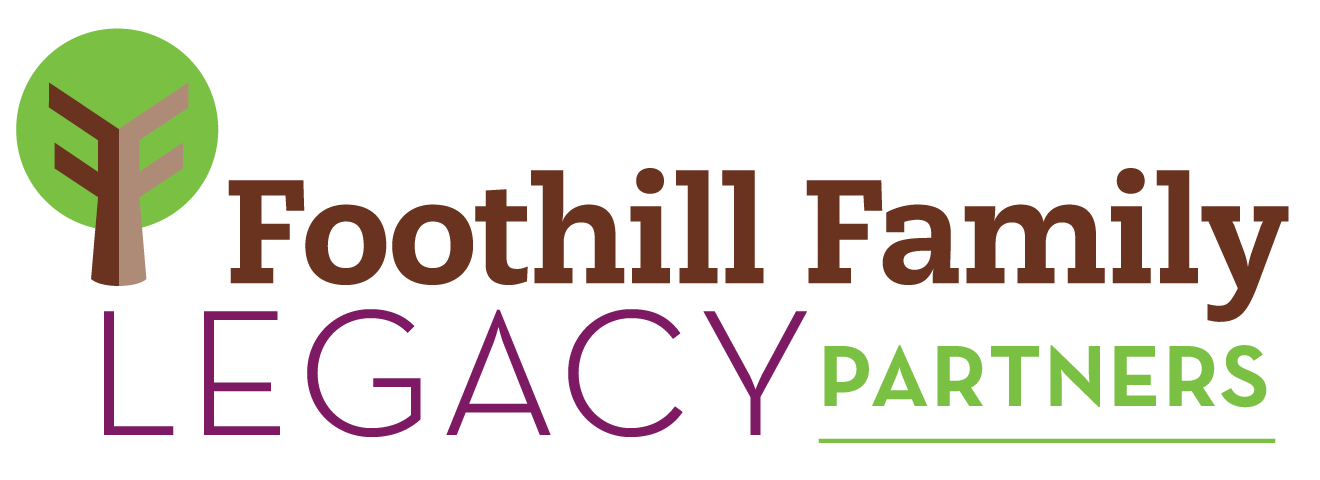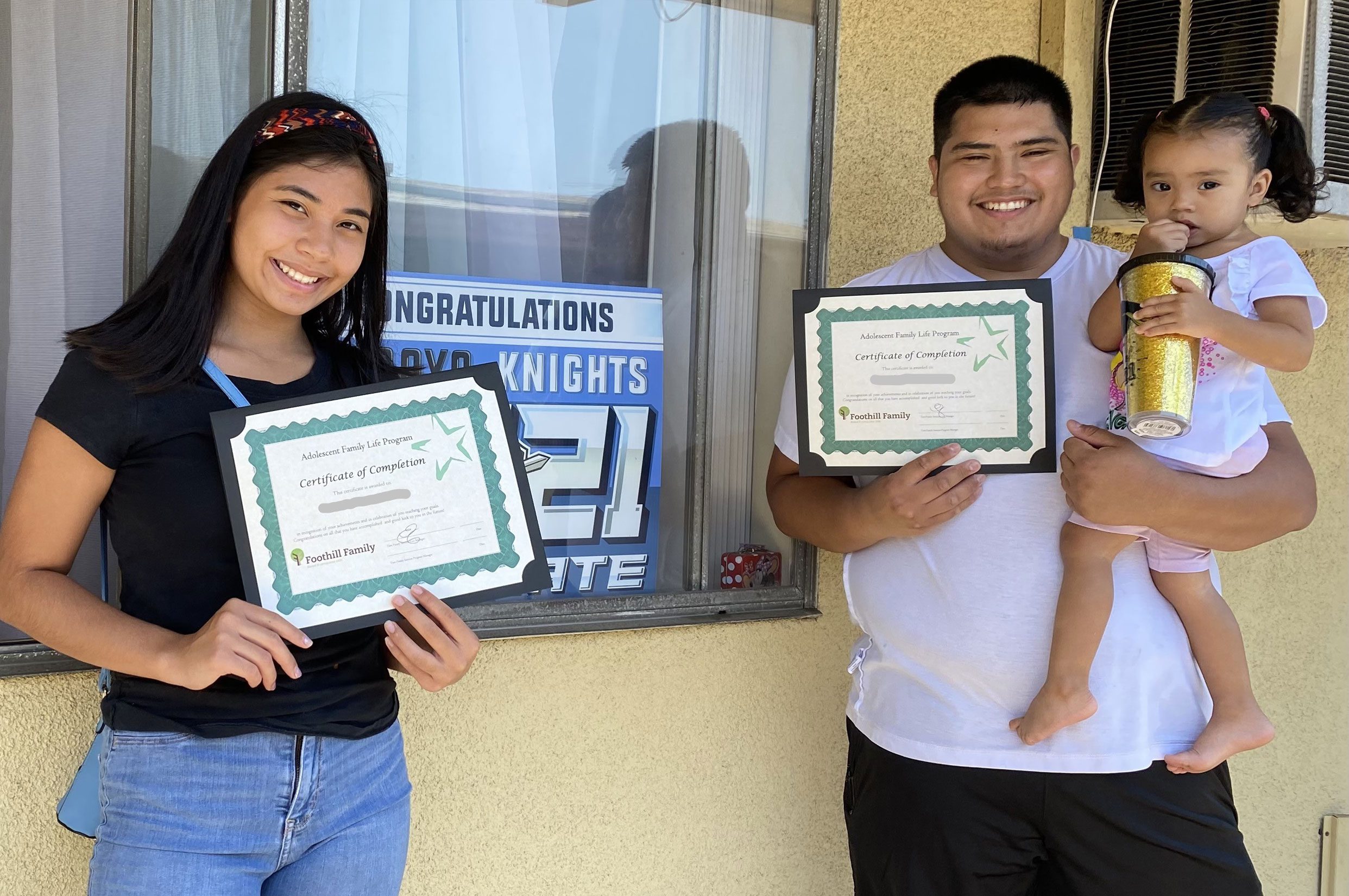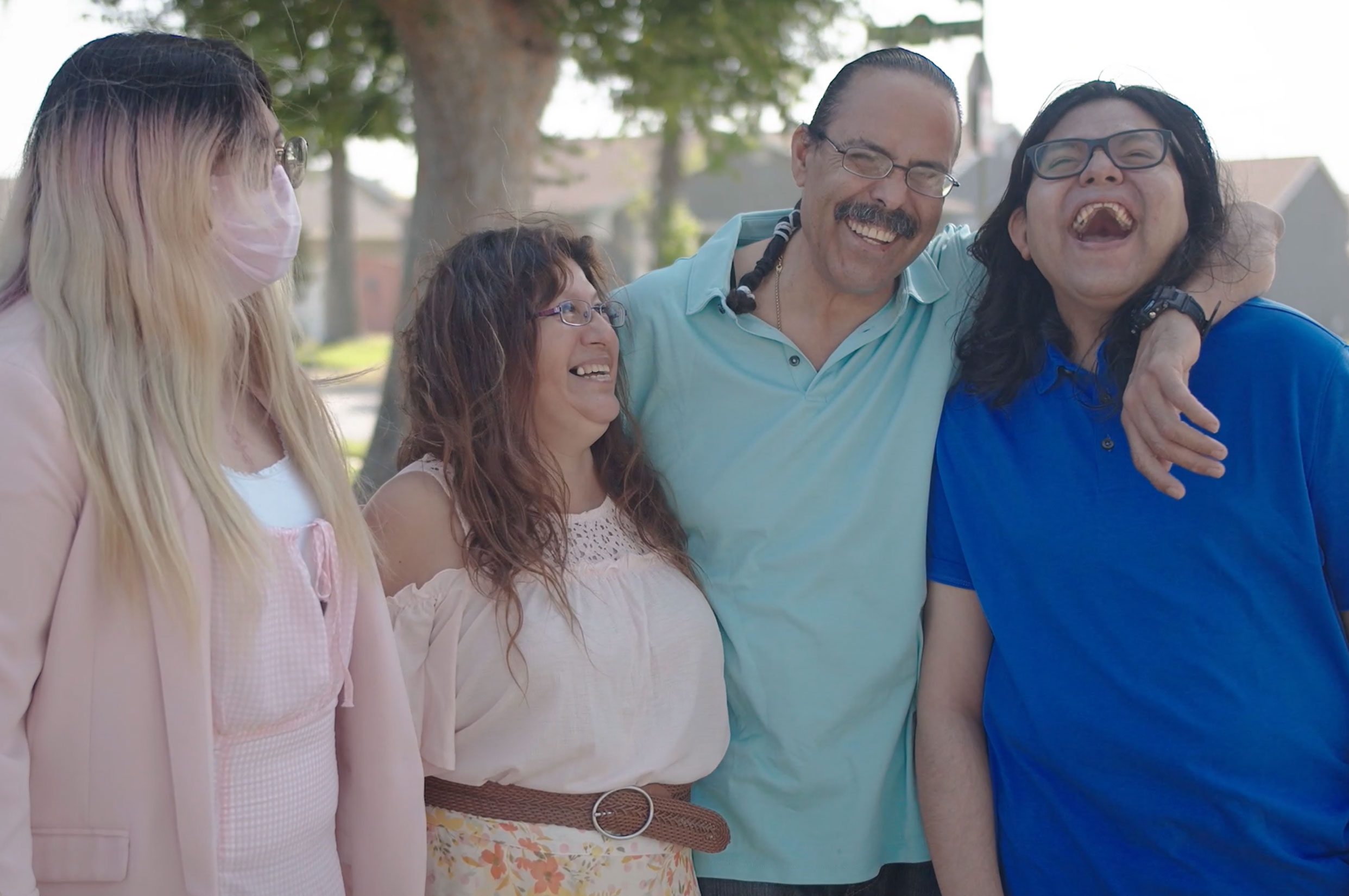






Making a difference is important to you. When you think about your life and the impact you have made on those around you, do you realize the ripple effects of your actions?
The ripples of your generosity can reach further than you can imagine to represent both your present investment and future legacy.
If charitable giving is essential to your core values, consider making a planned gift with Foothill Family today. It’s an easy way to ensure that Foothill Family’s life-changing work in our communities will continue to thrive into the future, powered by your forethought and philanthropic legacy.
The beauty behind ripples in nature is that while they have a distinct starting point, their reach is incalculable and they continue to resonate long after they are no longer visible to the human eye.
Join the Foothill Family Legacy Partners and set your ripples into motion today.

What is Planned Giving?
Planned giving is a win-win approach to philanthropic donations that supports your favorite nonprofit organization and can benefit you now or in the future. Have you ever made a vehicle donation to benefit your favorite charity? If you have, you know that transferring assets is easy and it can provide tax benefits as well. Simply put, “planned giving” is the transfer of assets to a designated nonprofit organization during a lifetime or as part of an estate plan. This forward-thinking approach to giving is “planned” because often these assets are not liquid, have tax consequences and are generally transferred via a will or other written means.
Why Make a Planned Gift?
It’s easy!
Planned giving is easy to do and you don’t have to be wealthy to do it. Whether it is naming your favorite charity in your will or trust for a modest amount, or a gift of house and property, there is an easy option that is right for you.
It can involve assets you might never think of.
A life insurance policy. Real estate. Stocks. Business holdings. A checking or savings account. These are all assets that can be leveraged in planned gifts.
It can generate an income stream.
In return for the donation of real estate, stocks or other assets, donors can receive a series of regular payments.
It can provide generous tax benefits.
Depending upon the type of gift, short-term and/or long-term tax benefits may apply. Donors at a variety of income levels can benefit. Be sure to consult with your financial or estate planner for more specifics.
It can work in tandem with other family priorities.
Planned giving is not an “all or nothing” option. Gifts can exist side-by-side with other beneficiaries and personal priorities.
It’s long remembered.
Designating a planned gift automatically makes you a member of the organization’s legacy society. Legacy society members often receive immediate recognition on an organization’s website, in publications and receive invitations to special events. In addition to the satisfaction of making a meaningful gift, most planned gifts have immediate and/or long-term tax benefits. The chart below can help you find the type of gift that is right for you. Consult with your financial advisor or estate planner and join the legacy society of your favorite nonprofit organization today.
How to Give
Charitable Remainder Trust
Who: Donors of any age, perhaps with complex or appreciated assets.
Charitable Remainder Trust
Who: Donors of any age, perhaps with complex or appreciated assets.
Charitable Annuity Trust
Who: Donors who want to help a charity, have liquid assets (such as stocks, CDs, savings accounts). Donors who want to provide income for their parents or others.
Retained Life Estate
A gift of primary residence, vacation home, or other property
Who: Older donors who own their own homes
For more information or to begin your conversation about joining the Legacy Society,
please contact Lindsey Lansburgh, Director of Development, at (626) 993-3013 or llansburgh@foothillfamily.org.
